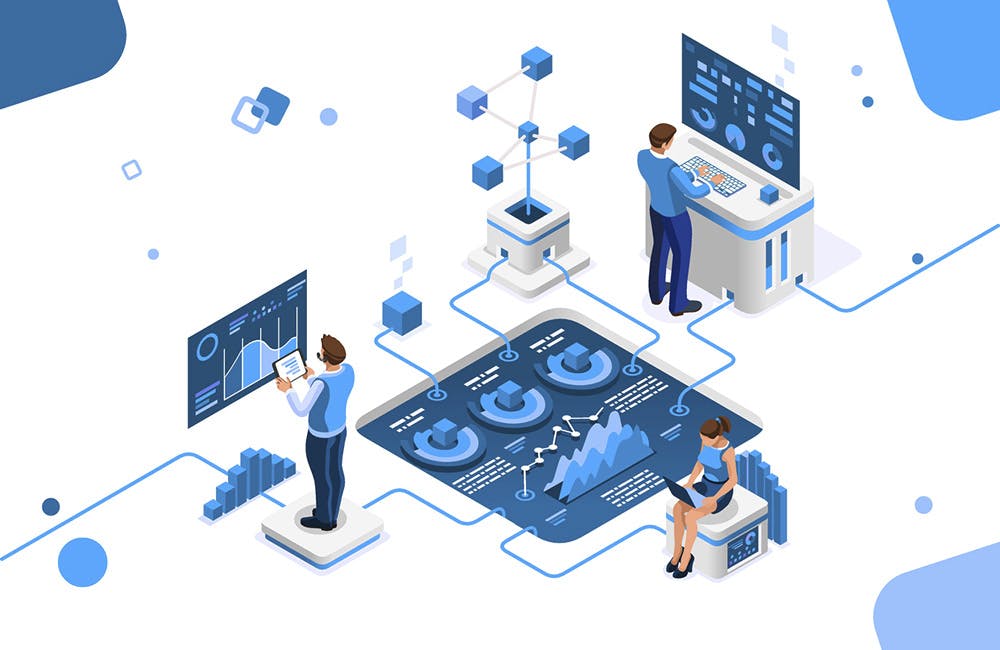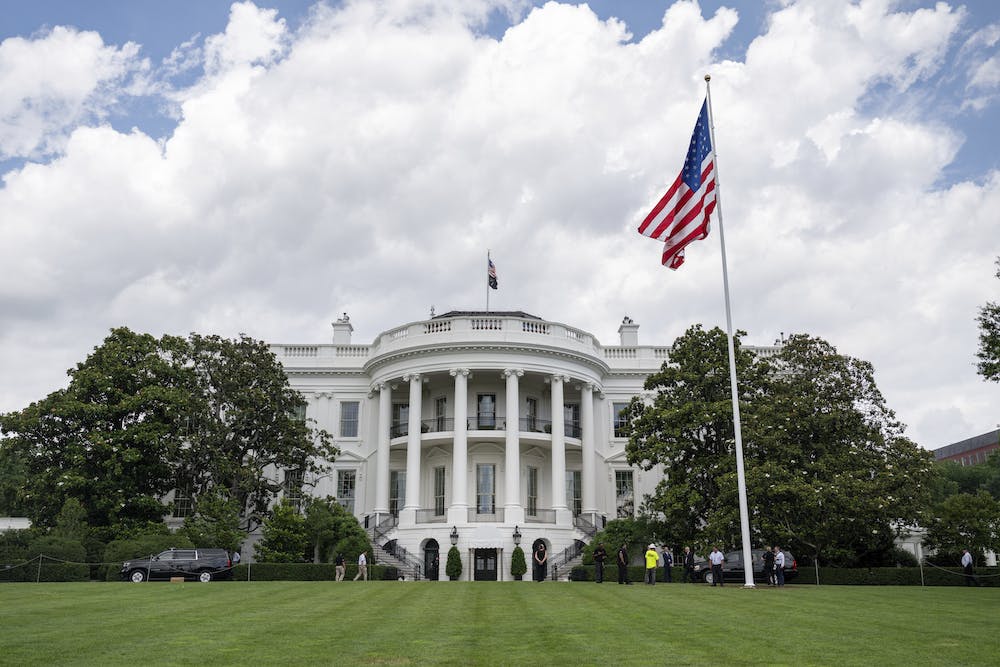DHS Looks to Interoperability, Quality in Data Strategy
DHS and ICE are standardizing best practices in how they are approaching data policies and use.

Interoperability and information-sharing are two top priorities for the Department of Homeland Security’s data strategy, according to comments from its Chief Data Officer Carlene Ileto and Immigration and Customs Enforcement Chief Data Officer Kenneth Clark at an ATARC event last week.
The two areas are similar to those across other agencies, according to a recent Government Accountability Office report that shows how four agencies are prioritizing information-sharing and ensuring data quality.
“We are working hard in catching up with a lot of the documentation we’re supposed to be generating … and more importantly, we are really formalizing the data governance through policy,” Ileto said at the event. “Our plan is to leverage existing governance processes by partnering with our evaluation officer. I feel that the three of us, the evaluation officer and statistical official and I, need to be in lockstep with each other.”
GAO said the four agencies evaluated — departments of Agriculture, Commerce, and Housing and Urban Development, and National Science Foundation — all made significant progress in their data governance strategies, but need to focus on assessing the maturity of their data practices and enhancing staff data literacy skills.
At ICE, data quality is “the biggest thing,” Clark said.
“When you’re doing law enforcement investigations, you’ve got to have that data for being able to deal with prosecutions and other types of activities,” he said at the event. “Also having a plan. We work closely with the department to make sure their strategies work closely [with our strategies].”
Data quality directly feeds other data initiatives, Clark added, like information-sharing, standardization, mature data practices and upskilling the workforce. The ICE officials focusing on the different aspects of data governance, like privacy, civil liberties and federal Freedom of Information Act requests, are all within Clark’s office, which smooths communication and encourages efficiency.
“The importance of info and data sharing — you’ve got to have the quality. We just issued an information-sharing and access agreement directive to standardize sharing between agencies, so we can keep track of the data and if there’s a quality or retention requirement,” he said. “Sometimes there’s data that can be shared, or at some point should not be shared beyond that party, or it could be obsolete.”
Ileto believes a top-down approach to data governance will help ensure best practices across the different DHS components.
“Those standards and policies — we have to be on top of those,” she said. “We’ve got to be able to have a governance operating model that works across the 22 components we have in DHS.”
Ileto described an effort on data domains that allows the department to focus on data challenges at the mission level and thereby allow those mission areas to identify what those data policies should be.. Data domains include those for immigration, law enforcement, cybersecurity, preparedness and emergency, and management support, she said.
“For DHS, info and data sharing along with interoperability — those are our major challenges. We need to collaboratively work together to make sure … [we] can communicate across the board so we can complete data analytics and hopefully make solid decisions,” she said.
This is a carousel with manually rotating slides. Use Next and Previous buttons to navigate or jump to a slide with the slide dots
-

AI Foundations Driving Government Efficiency
Federal agencies are modernizing systems, managing risk and building trust to scale responsible AI and drive government efficiency.
40m watch -

Trump Executive Order Boosts HBCUs Role in Building Federal Tech Workforce
The executive order empowers HBCUs to develop tech talent pipelines and expand access to federal workforce opportunities.
3m read -

Navy Memo Maps Tech Priorities for the Future Fight
Acting CTO’s memo outlines critical investment areas, from AI and quantum to cyber and space, as part of an accelerated modernization push.
5m read -

DOD Can No Longer Assume Superiority in Digital Warfare, Officials Warn
The DOD must make concerted efforts to address cyber vulnerabilities to maintain the tactical edge, military leaders said at HammerCon 2025.
4m read -

New NSF Program Cultivates the Future of NextG Networks
The agency’s new VINES program looks to tackle key challenges like energy efficiency and future-proofing wireless tech.
21m watch -

Marine Corps Operation StormBreaker Slashes Software Delivery Timelines by 17x
New program aims to deliver critical digital capabilities to warfighters at the "speed of relevance" by overhauling traditional processes.
4m read -

Tracking CIOs in Trump's Second Term
Stay informed on the latest shifts in federal technology leadership as new CIOs are appointed and President Trump's second term takes shape.
6m read -

DHA CDAO Spearheads Master Data Catalog to Boost Transparency
Jesus Caban plans to boost DHA's data maturity through a new master data catalog, governance frameworks and inventory of tech tools.
5m read -

IHS Prepares to Deploy PATH EHR at Pilot Sites in 2026
IHS targets PATH EHR pilot in 2026, emphasizing governance, collaboration and interoperability as key pillars of the modernization strategy.
4m read -

Trump Orders Spark Government-Wide Acquisition Overhaul
As Trump pushes for a faster, simpler procurement system, agencies are leveraging AI and adapting strategies to meet new requirements.
5m read -

IRS Makes Direct File Code Public as Lawmakers Debate Program’s Fate
The agency sees the Direct File source code as beneficial to government digital services despite what happens with it in proposed budgets.
5m read -

Inside Oak Ridge National Lab’s Pioneer Approach to AI
Energy Department’s Oak Ridge National Lab transforms AI vulnerabilities into strategic opportunities for national defense.
22m listen
















